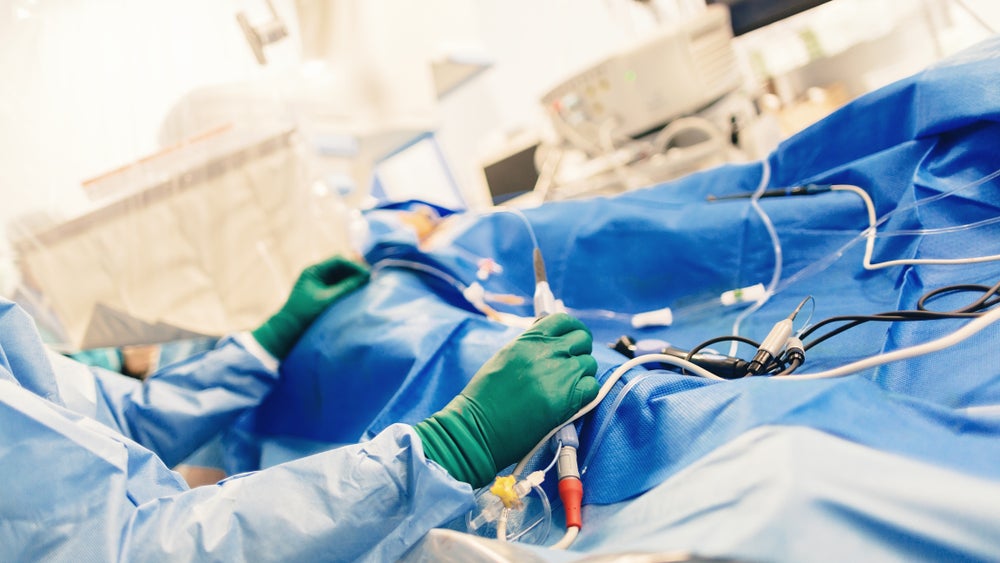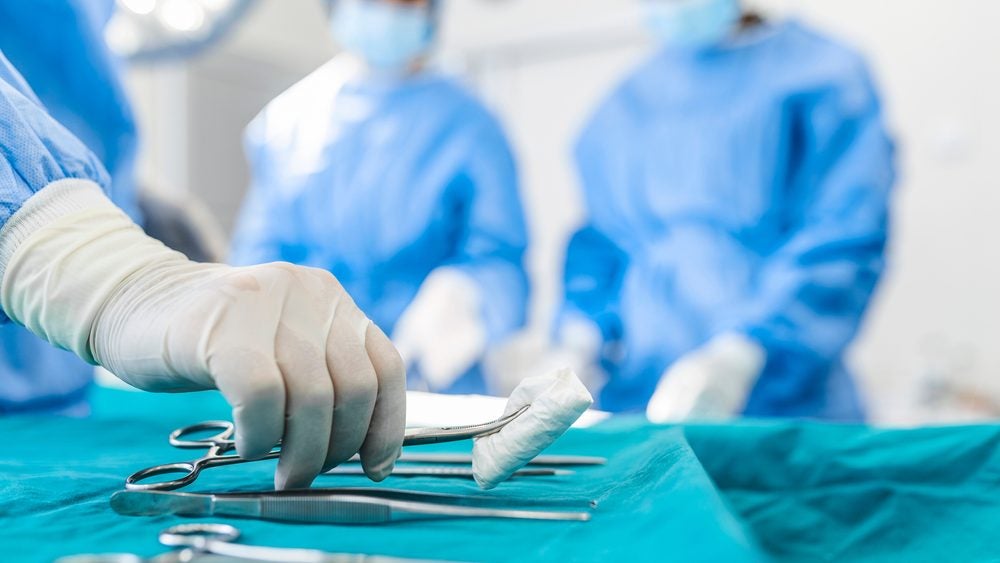Roche and US-based diagnostics products developer Foundation Medicine have co-developed a new blood test to help personalisation of cancer immunotherapy by providing treatment options based on the specific immune biology associated with an individual's tumour.
Roche validated the blood-based tumour mutational burden (TMB) test in a clinical study, which is reported to have demonstrated the test’s precision and accuracy.
Currently, TMB is measured using a tumour biopsy and the new test is expected to help patients who could not undergo an invasive procedure.
Roche Global Product Development chief medical officer and head Sandra Horning said: "Pursuing next-generation biomarker development is a critical component of our cancer immunotherapy strategy.
"Biomarkers will not only improve our understanding of immune biology, but will ultimately help match our therapies and combinations to the people most likely to benefit."
The study used 794 plasma samples obtained from the Phase II POPLAR and Phase III OAK trials of immunotherapy drug candidate Tecentriq being conducted in patients with non-small cell lung cancer (NSCLC).
How well do you really know your competitors?
Access the most comprehensive Company Profiles on the market, powered by GlobalData. Save hours of research. Gain competitive edge.

Thank you!
Your download email will arrive shortly
Not ready to buy yet? Download a free sample
We are confident about the unique quality of our Company Profiles. However, we want you to make the most beneficial decision for your business, so we offer a free sample that you can download by submitting the below form
By GlobalDataInitial, retrospective evidence of association between blood-based TMB (bTMB) and Tecentriq activity had been collected during this study to co-relate the role of TMB and the blood test in cancer immunotherapy treatment.
It was observed that patients with high bTMB had longer progression-free survival when treated with Tecentriq.
Roche is performing two trials (B-F1RST and BFAST) to further assess its blood-based diagnostic assay, along with evaluation of the efficacy and safety Tecentriq and/or Alecensa (alectinib) for NSCLC.







